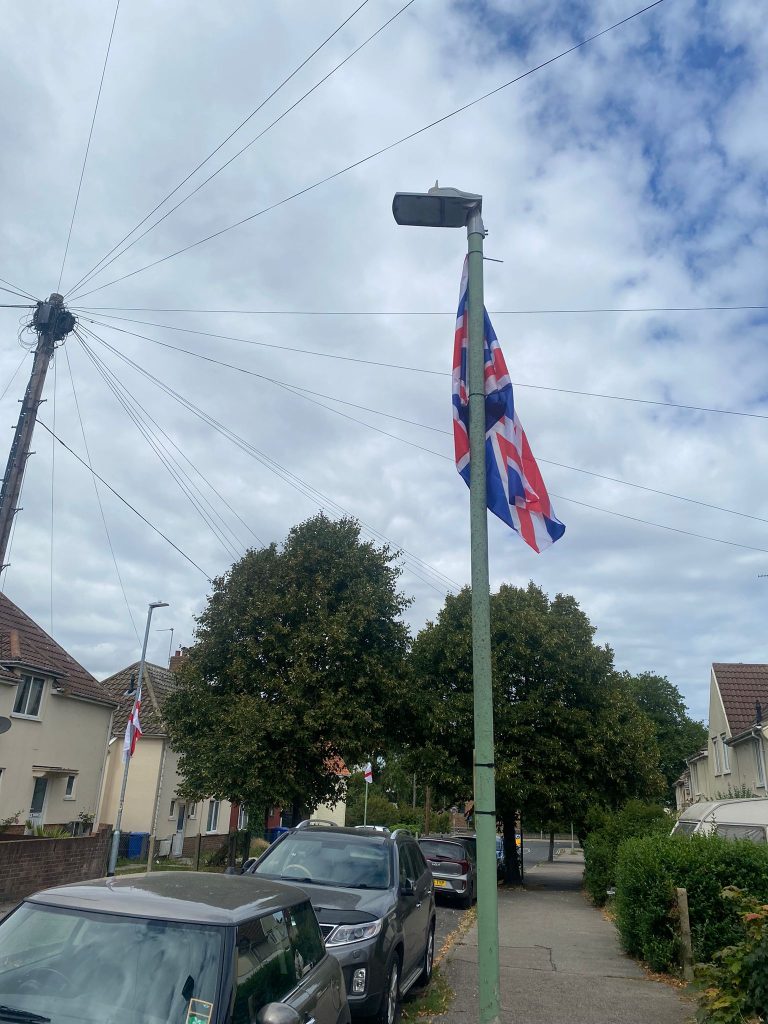Patriotism is too often twisted into something ugly. Politicians, commentators, and agitators on both extremes of the spectrum are guilty of this. They try to weaponise love of country, turning it into a tool for division rather than a source of unity.
But real patriotism is not about fear. It is not about setting neighbour against neighbour or looking for enemies within. It is about pride, pride in who we are, pride in where we come from, and pride in the communities we build together.
Those on the far right wrap themselves in the flag to push exclusion. Those on the far left sneer at patriotism altogether, dismissing it as nothing more than nationalism in disguise. Both sides are wrong, and both sides are guilty of dividing us.
Patriotism is not about hate. It is not about hierarchy. It is about belonging. And anyone who tries to tell us otherwise is selling division, not unity.
Britain’s strength has always come from its people. From different backgrounds, different beliefs, and different walks of life, we come together as one. That’s the point of patriotism: not to splinter into tribes, but to recognise that we share something bigger than ourselves.
When we allow extremists, whether it be left-wing or far right—to hijack that, we all lose. We end up suspicious, defensive, and fractured. But when we reclaim patriotism as a positive force, we create pride, confidence, and unity.
It’s time to stop letting the loudest, angriest voices define what it means to love your country. Patriotism is not theirs to own or distort. It belongs to everyone who cares about Britain, who wants it to be fairer, stronger, and more united.
Reject those who peddle division, wherever they sit on the spectrum. Because we are all better than that.
Patriotism should bring us together—not tear us apart.










